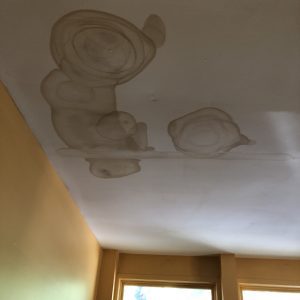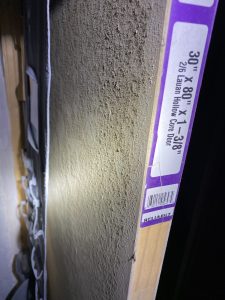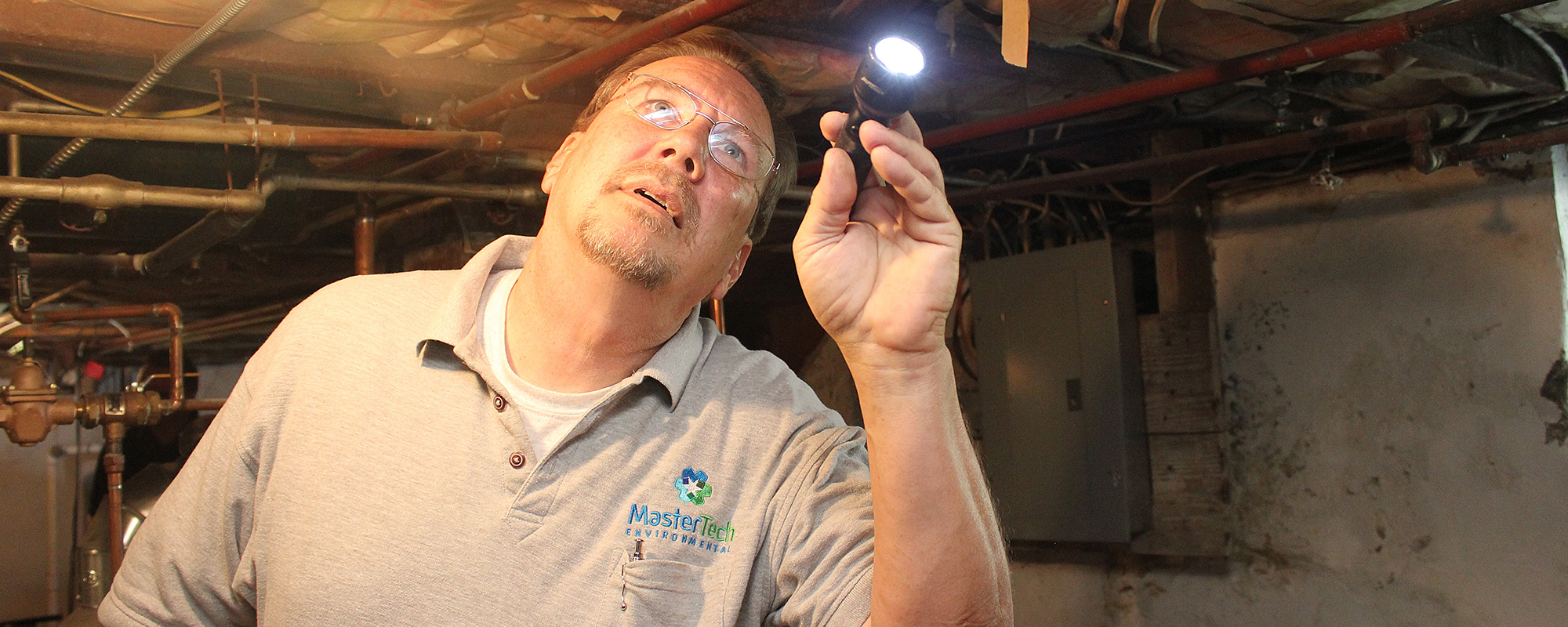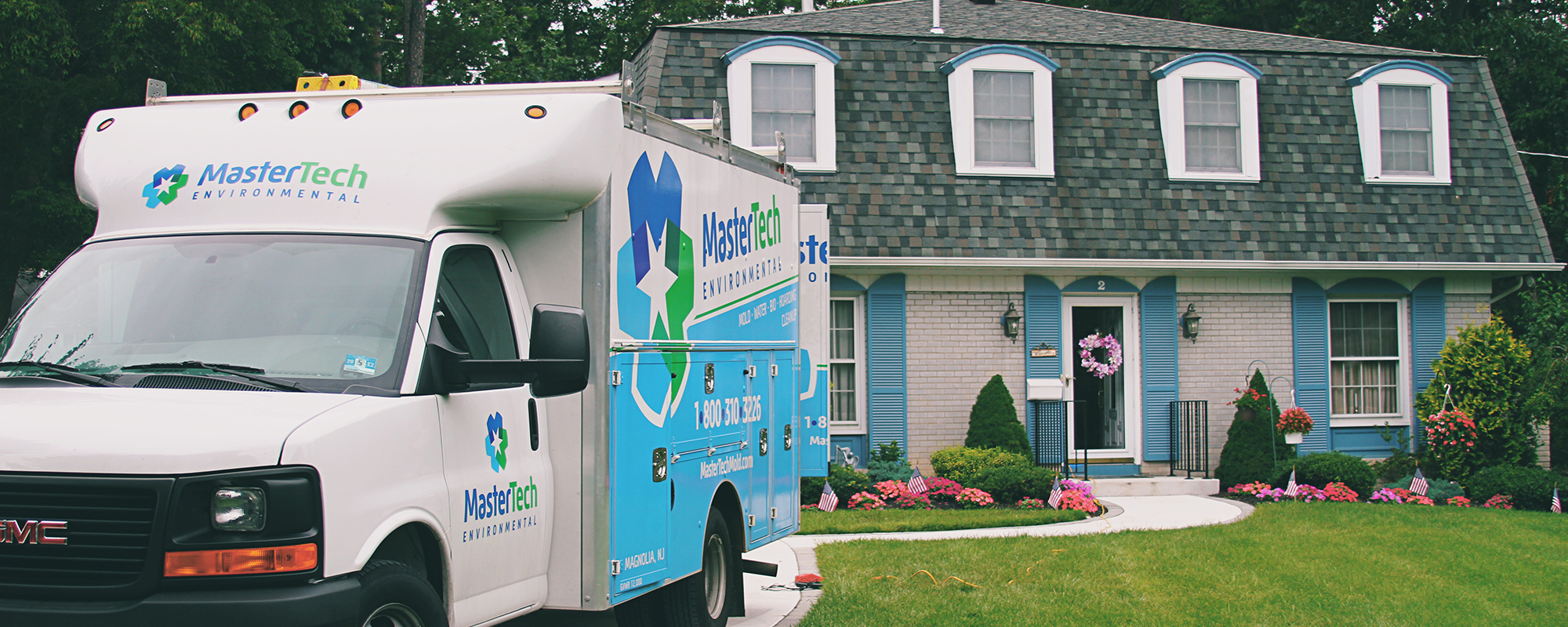Dealing With Toxic Mold In Your South Jersey Home
Mold plays a vital role in our ecosystem. It is everywhere, indoors and out. This is unavoidable. However, normal levels of mold are completely harmless. Mold can become an issue when it begins to grow at an elevated rate inside your home. Mold spores perpetually come in and out of our homes. It can be brought in through doors and windows organically, and it can also latch onto our clothing, hair, and even our pets. Your ideal indoor mold level is compared to the normal outdoor spore count in your area. Your home’s indoor level should be lower than that of the outdoors. If it becomes higher, this is where things can get difficult, and potentially unsafe.
Abnormal mold levels can develop in as quickly as 24-48 hours in the right conditions. If your home offers an environment with enough warmth and moisture, mold clusters can begin to develop. This abnormal mold growth needs to be addressed as soon as possible to avoid further damage. If mold growth is given the opportunity to continue spreading, it can result in diminished property value and expensive property damage. It can also result in potential long term health implications.
Should You Be Worried About Toxic Mold?

You may be concerned that your home could be dealing with toxic mold of some sort. This is a common fear that homeowners experience. However, you should know that the term “toxic mold” can be misleading. This term suggests that the mold spores on their own are toxic. The term “toxic mold” refers to the mycotoxins that mold spores release into the air. These mycotoxins have the potential to cause adverse health effects in those who have been exposed to them. There are a few specific species of mold that can produce mycotoxins that are dangerous to humans. These two species are Stachybotrys and Chaetomium. This is the “black mold” that you may have heard about.
Keep in mind that the potential negative health effects are different for each individual situation. They are dependent upon the concentration of contamination, duration of mold exposure, and each individual’s sensitivities. Everyone reacts to mold differently. In fact, even species of mold other than Stachybotrys and Chaetomium could potentially cause health implications if someone has sensitivities to them. Any kind of mold has the potential to cause harm, depending on the individual situation. This leads back to why the term “toxic mold” is misleading. The truth is, any species of mold has the potential to be toxic.
Health Concerns When Dealing With Toxic Mold
As previously discussed, elevated levels of mold growth can lead to potential health implications. Symptoms of these health concerns are relatively universal throughout most mold species. These symptoms include, but are not limited to:
- Coughing
- Wheezing
- Sneezing
- Trouble breathing
- Stuffy or runny nose
- Throat irritation
- Itchy eyes
- Irritated skin
Symptoms can vary in severity, depending on individual sensitivities and on the mold species.
What To Look For When Dealing With Toxic Mold
Mold can present itself in many ways. There are various signs to look out for when you suspect mold growth in your home. Signs your home could potentially be dealing with toxic mold or any kind of mold development include:
- Odor: Mold has a very distinct, musty odor. If your home is experiencing a dank, organic kind of odor, you may have abnormal mold levels within the home.
- Discoloration: Moisture damage that leads to mold development can cause staining and discoloration of building materials.
- Visible Spores: Mold can be seen in a variety of shapes and colors. It can be found in white, black, green, grey, brown, and many others. Severe mold growth can occasionally be visible to the naked eye.

 Getting Rid Of Toxic Mold
Getting Rid Of Toxic Mold
The worst thing you can do when you suspect mold growth within your home is ignore it. As previously mentioned, mold is an opportunistic organism. It will grow rapidly when given the chance to do so. Whether it be a small area of your home or something larger, you should take action. The quicker you deal with the issue, the less of an issue it will be. If you are concerned that your home may be dealing with toxic mold contamination, contact a professional mold remediation company in your area. You don’t want to allow the mold to continue to grow within your home, causing more extensive damage. Let the professionals help you properly decontaminate your home and restore pre-mold conditions.



